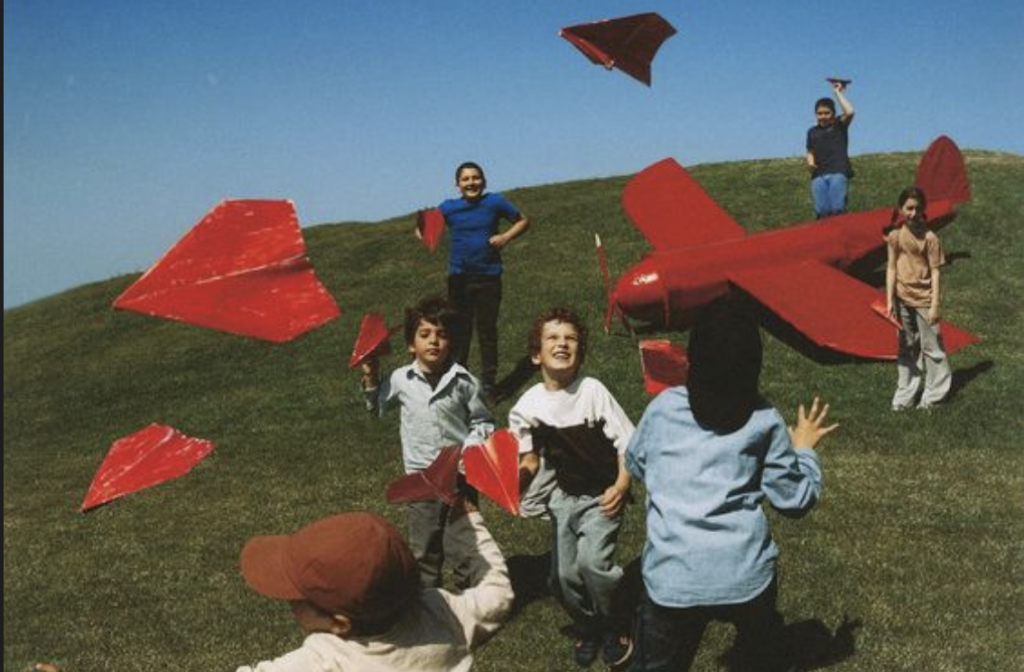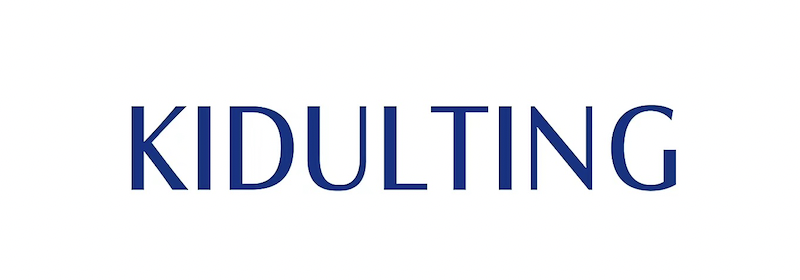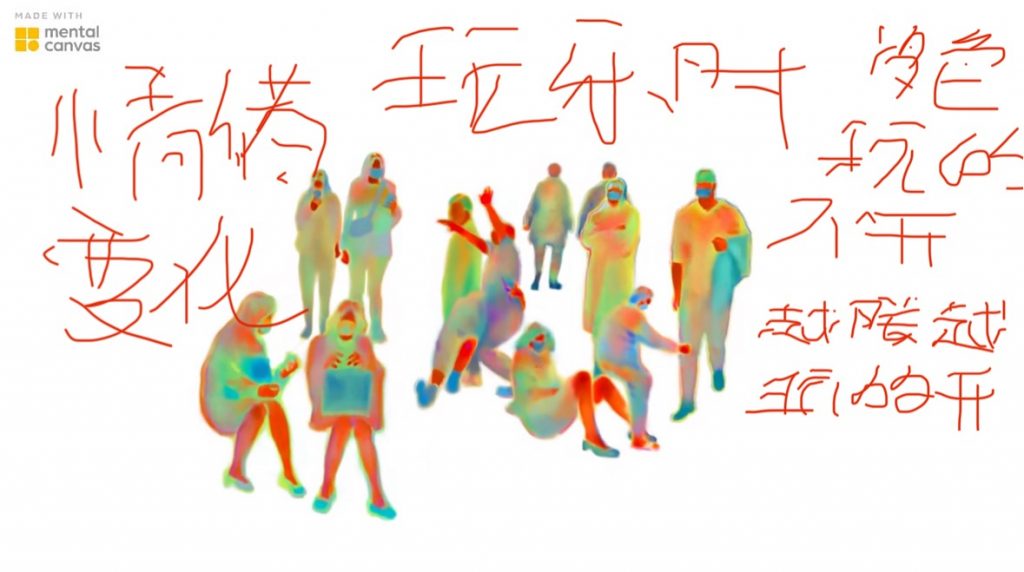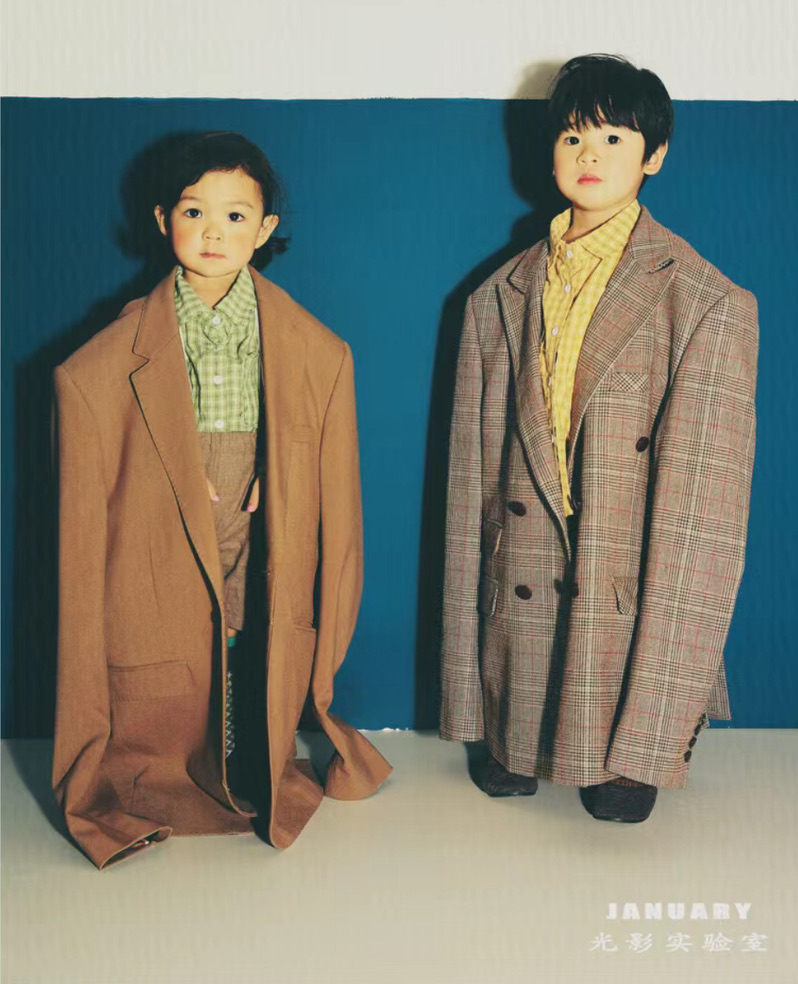Definition of ‘play’ and different age groups
Across all ages, play serves as a crucial tool for emotional well-being, physical health, and cognitive development. It adapts to meet the developmental needs and interests of each age group, making it a universal and lifelong activity.

For Kid/Childhood
Play is a move action activity, in the period, kid would like to explore without purposeful, with an emphasis on repetitive actions and imaginative scenarios.
For Adult
Play in adulthood serves as a means of relaxation, stress relief, and maintaining creativity and social bonds. Also it is relate to mental health as well, Supports well being, reduces stress, and sustains cognitive agility.
To compare with Kid and Adult. Definition of play becoming more structured and identity-focused in adolescence and adulthood.
Concept of [KIDULTING]

Kidulting is in many ways, a reaction to the pressures of modern life, characterized by long work hours, financial responsibilities, and various stresses. People are increasingly seeking opportunities to unwind and reconnect with the simplicity and joy of their childhood. They find solace in revisiting the toys, games, and hobbies that once brought them unadulterated happiness.

In other hand, Child also like to role play as adult as a game for play. They would like to dress up like their father or mother, or like any one else in the society worker. This kind of action also could reflect they imagination and their imagining the adulthood. Play under this perspective, could be define as a free zone of imagination, a comfort was of expressive.

Leave a Reply